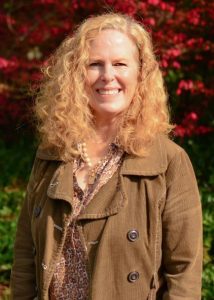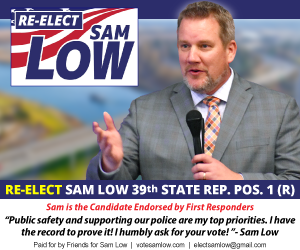According to compassion research expert, Kristin Neff PhD, “Self-compassion involves treating yourself the way you would treat a friend who is having a hard time.” There are three main aspects to Self-Compassion:
- Self-Kindness vs. Punishment
- Mindfulness vs. Over Identification
- Common Humanity vs. Isolation
The following practice will help you remember to evoke the three aspects of self-compassion when you need them most.
You may think of a situation in your life that is difficult, that is causing you stress. Call the situation to mind, and see if you can actually feel the stress and emotional discomfort in your body.
Now, say to yourself:
1. “This is a moment of suffering (or stress, pain, hurt).”
That’s mindfulness; simple awareness of your experience without defining yourself by it.
2. “Suffering is a part of life”
That’s common humanity. Other options include:
“Other people feel this way.” “I’m not alone.” “We all struggle in our lives.”
Now, put your hands over your heart, feel the warmth of your hands and the gentle touch of your hands on your chest. Or adopt the soothing touch you discovered felt right for you.
3. “May I be kind to myself”
You can also ask yourself, “What do I need to hear right now to express kindness to myself?” Is there a phrase that speaks to you in your particular situation, such as:
- May I give myself the compassion that I need
- May I learn to accept myself as I am
- May I forgive myself
- May I be strong
- May I be patient
This practice can be used any time of day or night. Remember that self-compassion is a way of being that can ease the weight of emotional burdens, build a sense a resilience, and broaden your understanding and empathy for others.

Lisa Wellington is a Certified Mindfulness Teacher who writes about integrative practices that downshift stress, increase insight, and jumpstart joy.
She is best known for her work with law enforcement professionals as well as those challenged by housing instability and addiction. Trained in the Fine Arts at Washington State University, she specializes in group training that engages participants’ inherent creativity.
If she is not under a stack of books about psychology and spirituality, she can be found at a Puget Sound beach or nearby trail, always searching for the absurd, which is her superpower.



















